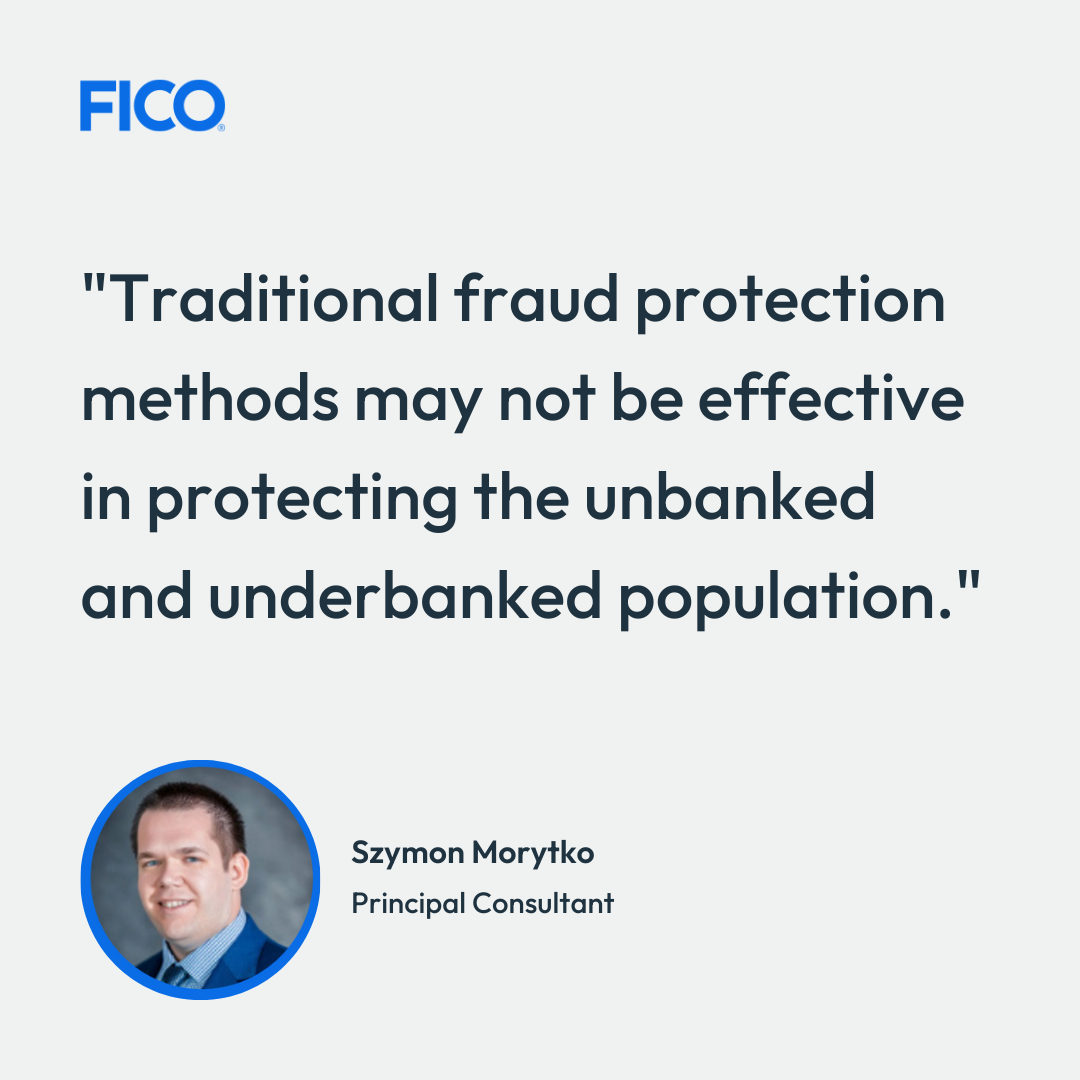[ad_1]
Due to this, you might wish to rent a Chicago credit score restore guide that can assist you handle your debt and shield you in opposition to unfair and unlawful assortment efforts.
If a debt collector violates the FDCPA, they are often held responsible for any damages they trigger. The next are among the prohibited practices that debt collectors aren’t allowed to interact in beneath the FDCPA:
Harassment
This consists of threatening, intimidating, or utilizing profane language–greater than 40% of reported violations are associated to abusive language or threats of violence. Moreover, debt collectors can’t name previous 9:00 PM or make repeated calls all through the day.
Dishonest Statements
Debt collectors aren’t allowed to lie in regards to the quantity you owe, your authorized rights, or the results of not paying a debt. They can’t current themselves as attorneys, declare that they’re affiliated with the court docket, or say {that a} lawsuit has been filed in opposition to you when it hasn’t.
Amassing Extra Than You Owe
Debt collectors are allowed to gather solely the stability you owe. They can’t acquire curiosity, charges, or different costs that haven’t been licensed by a court docket or within the unique contract.
Installment accounts can’t be collected in a single lump sum, and debt collectors aren’t allowed to threaten to take possession of your property except they’ve the authorized proper to take action.
Failure to Ship the Shopper a Written Discover of the Debt
Debt collectors should present written discover of the debt inside 5 days of contacting the patron for the primary time. This should embody the quantity owed, the identify of the creditor, and knowledge on find out how to dispute the debt–failure to supply this discover is a violation of the FDCPA.
Proof
The FDCPA additionally prohibits debt collectors from misrepresenting their proof in opposition to a client. This consists of offering deceptive paperwork or fabricating data to make it seem like they’ve extra proof than they really do.
Collectors should present a doc of an unpaid invoice or proof of a court docket judgment earlier than they’ll take authorized motion in opposition to a client.
Garnishing Wages
Collectors aren’t allowed to garnish wages with out submitting a lawsuit and securing a court docket order. Garnishing wages entails taking a part of a person’s paycheck to repay a debt–this violation of the FDCPA can lead to critical repercussions for the debt collector, comparable to giant fines and even jail time.
Deceptive Threats
Debt collectors can not threaten to arrest or sue you if they don’t have the authorized proper to take action. Debt collectors are additionally prohibited from utilizing deceptive techniques to scare or intimidate customers into paying their money owed; for instance, they can not declare to be legislation enforcement officers or threaten to disclose private details about you.
What To Do When a Collector Violates The FDCPA
If a debt collector violates the FDCPA, you’ve got the best to file a grievance with the FTC. As well as, you could possibly search damages for any emotional misery brought on by the debt collector’s actions.
The FTC is dedicated to defending customers from debt assortment abuse. If you happen to imagine {that a} debt collector violated the FDCPA, contact your state lawyer common’s workplace and the FTC to report the violation.
Questioning how installment accounts have an effect on credit score scores? Take a look at our current submit.
[ad_2]
Source link









